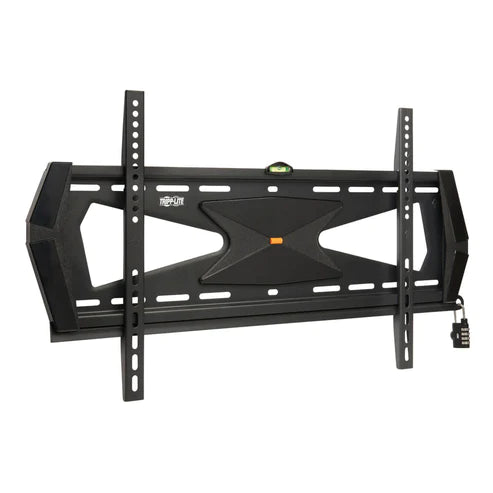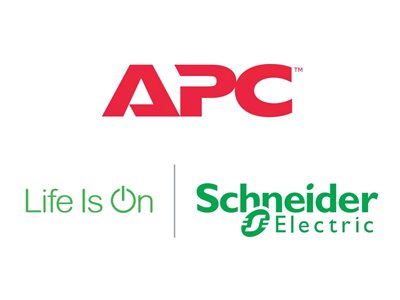TV Mounts Buyer’s Guide
If you have a TV that you need to hang on the wall, you’ll want to find a TV mount. That’s why this basic guide will help you find the best one. We’ll go over the features you’ll need to look out for.
We’ll also go over a few major considerations that will factor into your decision. A TV mount will make things a lot easier when you want to install a television on your wall. A lot of people are doing this with TVs in their living room, bedroom, or elsewhere at home.
With that said, let’s take a look now at what features are included in a TV mount.
Features of a TV Mount
Types of TV mounts
There are different types of TV mounts that are available on the market. These include a fixed TV mount, which will have no moving mechanism in place. Once a TV is installed, it will stay there.
Whereas, a tilting TV wall mount will have a mechanism that will allow you to move the TV from one angle to another. The tilting brackets will come in different adjustments and movements.
TV mount stand
If you are not comfortable with mounting a TV on the wall, there’s good news. You can install it on a stand. It will eliminate the requirement of drilling holes into the wall. However, it’s important to note that it might not be the safest option (especially if you have young children at home).
However, a TV mount stand can be useful if you want to move a TV from one room to another. Yet, there is one issue: you’ll need to disconnect the usual cables before you move it. Then, you’ll need to reconnect them again.
Weight capacity
TVs come in different sizes. The larger the size, the more it will weigh. You want a TV mount that will be strong enough to support a heavier TV.
Size compatibility
Not all TV mounts will accompany any size. Some will be great for smaller sizes, while others will handle much larger TVs. If you know the size of your TV, it will be a no brainer to go with the options that will support it.
Wall compatibility
Believe it or not, wall compatibility can play a role in your decision making. What kind of walls do you have in your home? Will it be compatible with your TV mount (and vice versa)?
Buyer’s Guide
Now that you know some of the common features for TV mounts, we’ll now go into the buyer’s guide. This will go over the considerations that you’ll want to mull over. Making a decision based on your critical needs will be greater than your preferences.
Let’s take a look now at the following factors that you’ll want to consider:
What size is my TV?
This is easily the one factor to consider. The size of your television will determine which wall mounts are suitable. If you have a 50 inch TV, then you’ll want to choose the mount that will fit it best.
Yes, there are different size ranges for a TV mount. This is something you want to pay attention to. If it says that it can fit sizes from 32 to 50 inches, then it can fit your TV.
Is it compatible with my walls?
The last thing you want is to purchase a TV mount that won’t be compatible with your wall type. Do you have a wall with wooden studs behind it? Is the wall made from concrete?
The materials your wall is made from can determine which mounts are a good fit. Before even considering a TV mount, know what type of wall you have. Some TV mounts will fit most wall types, but others may be compatible with specific types such as wood studs.
If you have steel studs, then you may want to find a TV mount that is compatible for them. This is a critical consideration you shouldn’t skip or gloss over.
Weight limit
Your TV may be heavy because of its size. For that reason, you’ll want to find a TV mount that will be able to handle the weight with ease. Pay attention to the maximum weight limit your mount can handle.
If the TV is too heavy for the mount you’re using, it will fail. Plus, your TV may fall off and get damaged. The last thing you need is to spend money on a new television (since they don’t come cheap).
Fixed or tilted
Flexibility can play a role in your decision process. Do you plan on moving the TV around from one angle to another? Or are you going to keep it in one place?
A tilted TV mount will serve as your best option if and when you want something with more movement and flexibility. Otherwise, a fixed mount will do you better.
Stand or no stand?
You might not be comfortable drilling holes in your walls. If this is the case, you can go with a TV mount stand. One of the major caveats is that some of these stands don’t provide good stability.
Unlike TV mounts, some TV stands may be unstable and may cause the TV to fall. It may also be a safety hazard if your household has young children. If you are looking to move the TV from one room to another, a stand will be a good choice.
Otherwise, a wall mount can work just fine if you don’t plan on moving the TV around at all.
Final Thoughts
It’s possible to find the right TV mount. This guide will be useful in helping you choose one based on the considerations we’ve outlined above. It doesn’t have to be a challenge to find one.
The size of your TV alone will be enough to eliminate many options. From there, you’ll decide which one will fit you best based on your other needs and preferences. Once you find one that fits your budget, you’ll be happy to install it and put it to good use.







